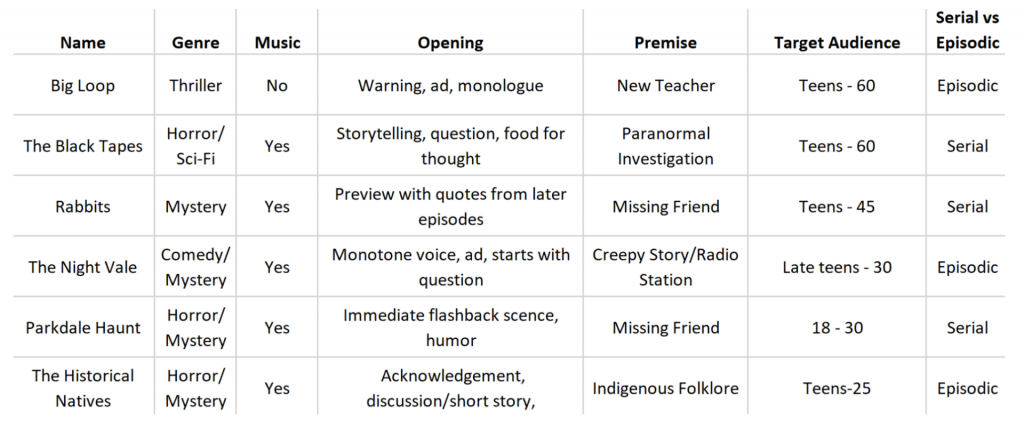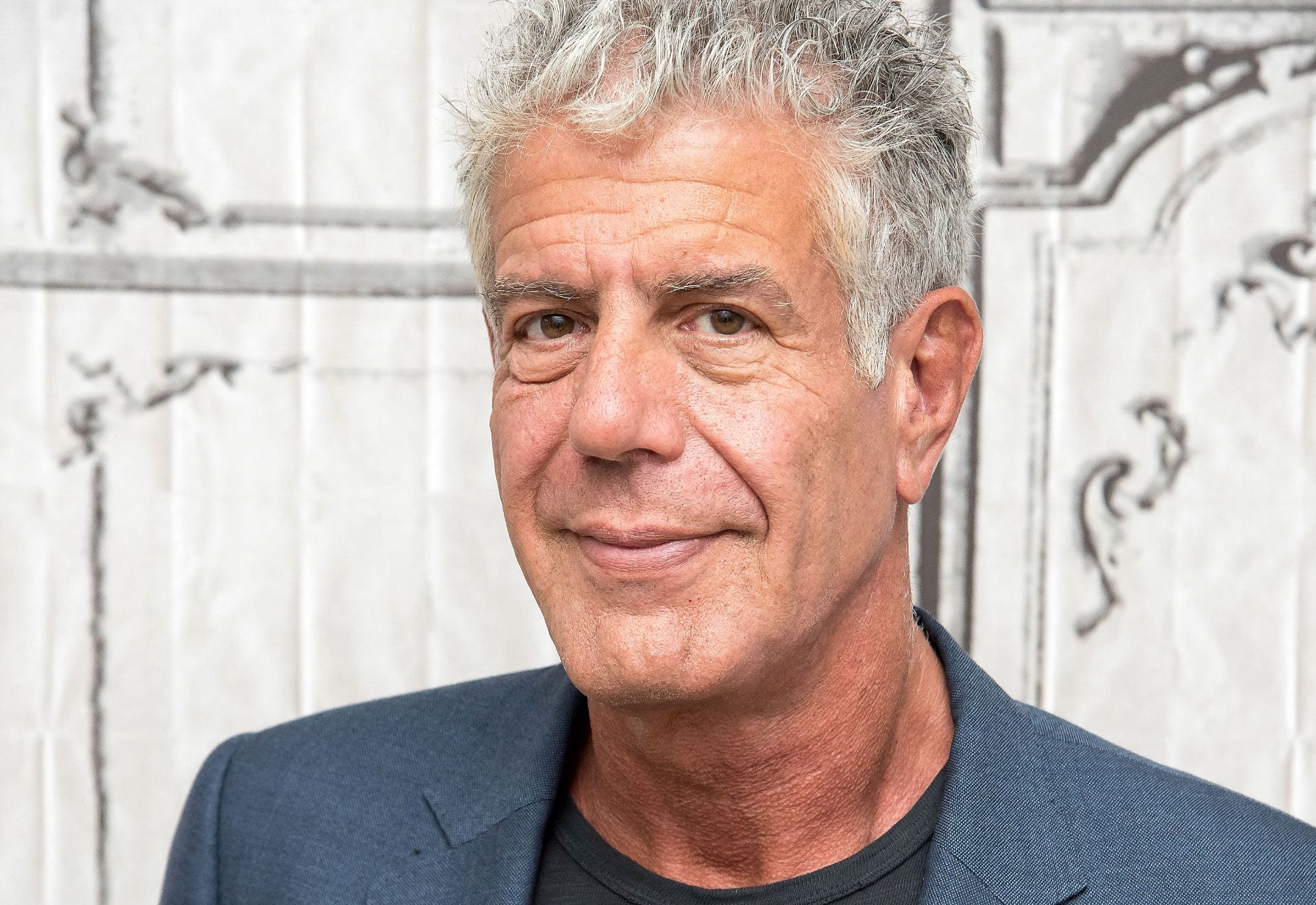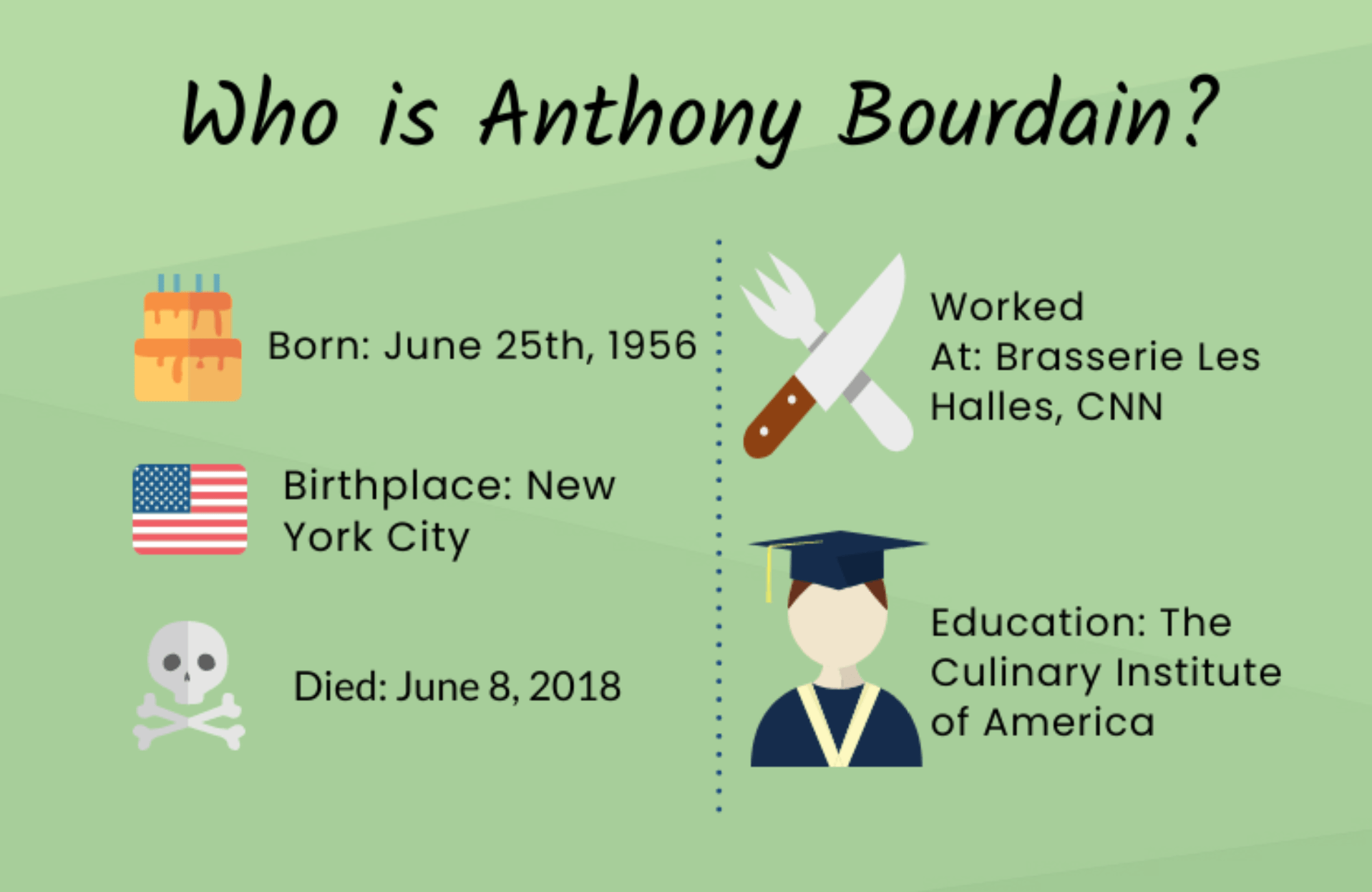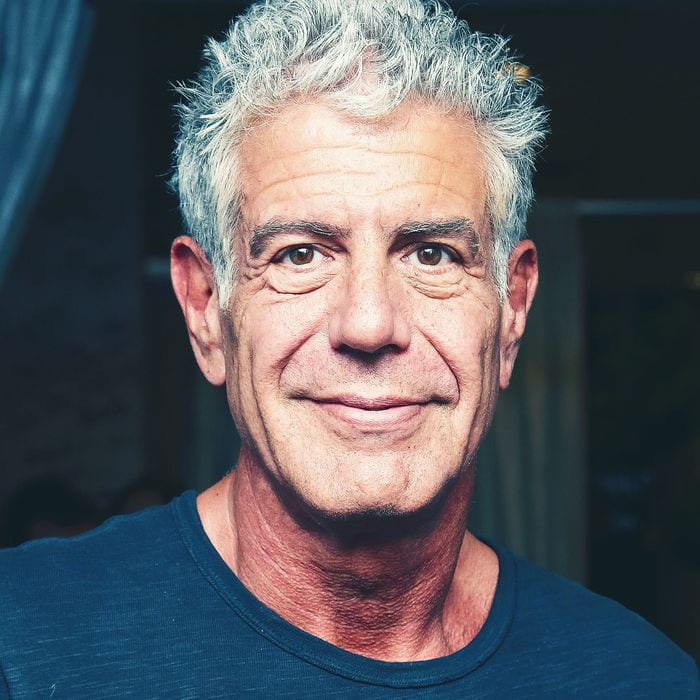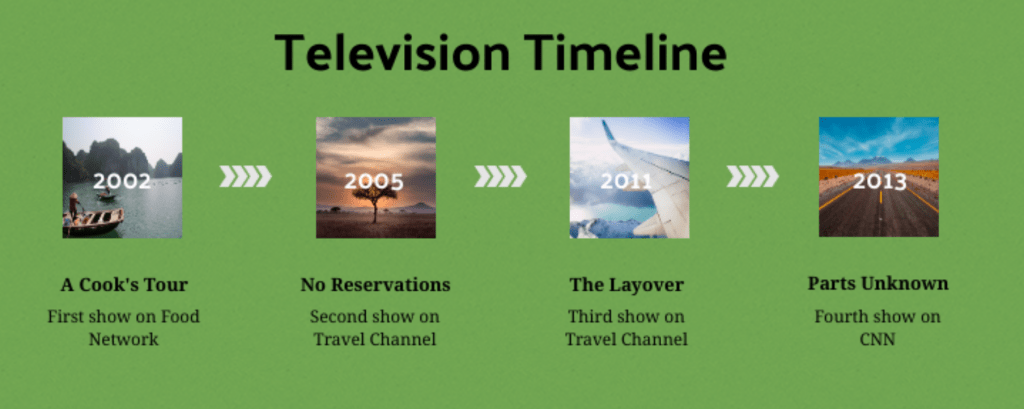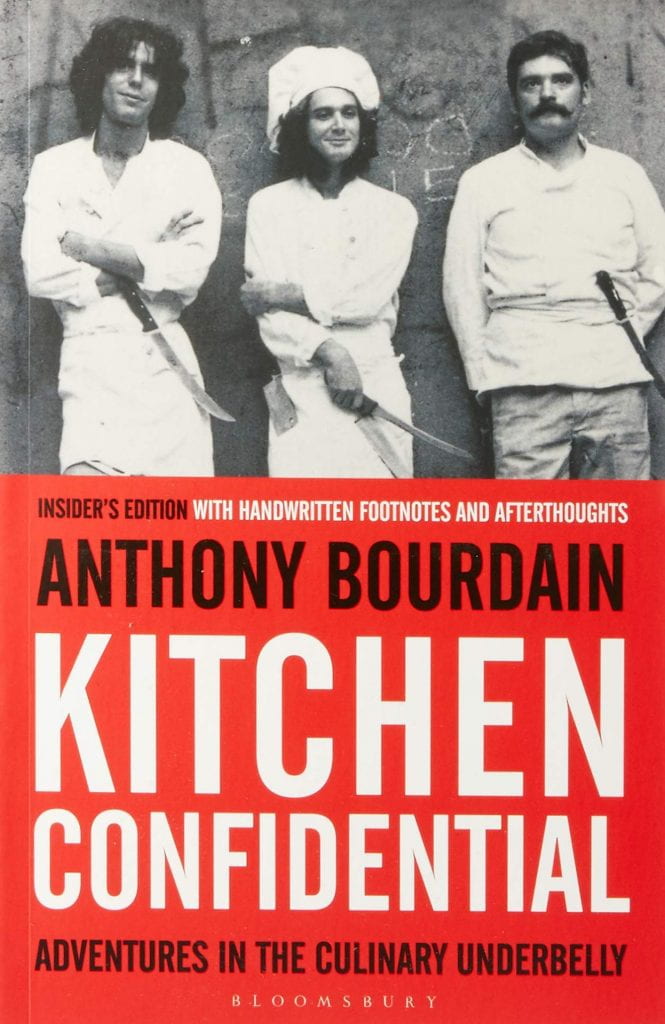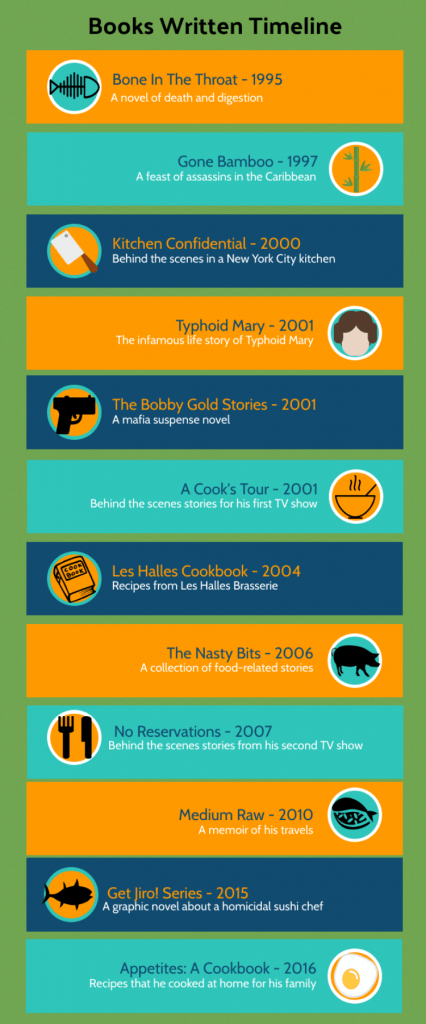Welcome! I’m Derek, and for my In-Depth project, I created a fictional podcast, called Played the Podcast. My mentor is Mr. Gosselin, my English teacher at Gleneagle. You can check out my podcast on my website using the link below!
https://playedthepodcast.buzzsprout.com
Also, you can follow me on Instagram @playedthepodcast or click this link! https://www.instagram.com/playedthepodcast/
I would like to give a big thank you to Mr. Gosselin, Mr. Salisbury, Indah Del Bianco, and my family for making this podcast possible! As well, thank you to the music artists, Kevin McLeod, Esther Abrami, Joseph McDade, and Luis Sarro.
Frequently Asked Questions:
What is a podcast?
A podcast is typically an audio-only story or personal recording to entertain or inspire an audience. Podcasts can be focused on different topics, such as interviews, lessons, or stories!
What is a fictional podcast?
Tying into the story section of a podcast, a fictional podcast is similar to an audio book. However, audio books are typically professional recordings of an already made piece of writing, and fictional podcasts are episodes overarching a main theme. Played The Podcast is a serial fictional podcast where each episode ties into the next, building on one main story world.
What was the process you took to create Played the Podcast?
My first steps of creating a podcast was to research and learn key components from already existing fictional podcasts. The main part of this process was to listen and observe what worked and what didn’t. I came up with the idea of setting Played the Podcast in the Pacific Northwest, mainly from my research. I wanted the theme of my podcast to be mysterious and so I found that the Pacific Northwest environment has an uneasy unexplainable feeling to it. Before I began scriptwriting, I needed to decide whether I wanted my podcast to be serial or episodic, but due to COVID-19, I thought it would be difficult to find different voice actors for an episodic podcast. I spent a lot of time scriptwriting. Each episode had over five drafts, with significant changes between. Most of my time was spent on refining the scripts and aiming for a realistic factor. As well, I met regularly with my mentor, Mr. Gosselin to discuss my progress, and to make edits and revisions. At the beginning of May, I began recording and editing my episodes, finding sound effects, and designing my website!
What advice would you give to others wanting to make their own podcast?
If you are planning on starting your own podcast, I would recommend planning out each episode and making an exceptional outline in advance before beginning writing. Mr. Gosselin made this suggestion for me early on. For my podcast, I followed Mr. Gosselin’s advice and designed an outline in advance. By planning out my episodes, I had an overall idea of what each episode includes and the main components I need to touch on in order to advance the story further. Secondly, I would make sure you have enough time to write the podcast. Writing a podcast takes a lot of time. Mr. Gosselin pointed out that one page roughly creates one minute of dialogue. Each episode needs constant revisions and drafts before finalizing and designing a realistic script.
What inspirations did you draw on?
- The Shining
- Lost
- Lord of the Flies
- Rounders
- X-Files
- Psycho
- Parasite
- The Sixth Sense
- Twilight Zone
- Stranger Things
If you would like to post a comment, please click the title “In-Depth Night 2021” to enter the commenting area. Thank you for coming!


